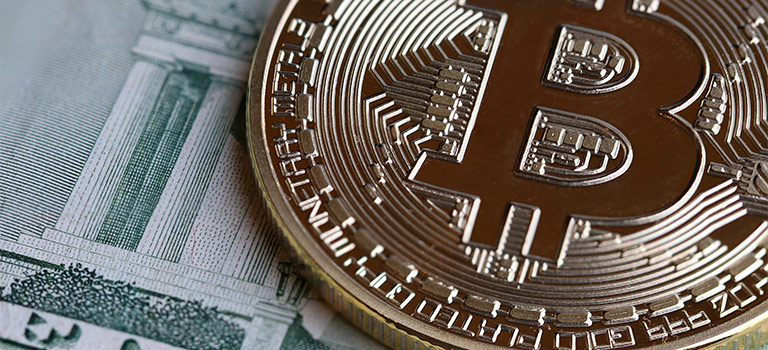PALO ALTO, Calif. (Reuters) - The Federal Reserve is taking a look at a broad range of problems around digital payments and currencies, consisting of policy, style and legal factors to consider around potentially releasing its own digital currency, Guv Lael Brainard said on Wednesday. Brainard's remarks suggest more openness to the possibility of a Fed-issued digital coin than in the past." By transforming payments, digitalization has the potential to deliver greater worth and benefit at lower cost," Brainard stated at a conference on payments at the Stanford Graduate School of Service.
Reserve banks worldwide are disputing how to handle digital financing technology and the dispersed journal systems utilized by bitcoin, which guarantees near-instantaneous payment at possibly low cost. The Fed is developing its own day-and-night real-time payments and settlement service and is presently evaluating 200 remark Great site letters sent late last year about the suggested service's style and scope, Brainard stated.
Less than 2 years ago Brainard informed a conference in San Francisco that there is Find more info "no compelling demonstrated need" for such a coin. But that was before the scope of Facebook's digital currency aspirations were extensively known. Fed officials, consisting of Brainard, have raised issues about customer defenses and data and personal privacy threats that could be posed by a currency that might enter usage by the 3rd of the world's population that have Facebook accounts.
" We are working together with other central banks as we advance our understanding of central bank digital currencies," she said. With more nations checking out issuing their own digital currencies, Brainard stated, that contributes to "a set of factors to also be making certain that we are that frontier of both research study and policy advancement." In the United States, Brainard stated, issues that need research study consist of whether a digital currency would make the payments system safer or easier, and whether it might position monetary stability threats, consisting of the possibility of bank runs if cash can be turned "with a single swipe" into the main bank's digital currency.

To counter the monetary damage from America's unprecedented nationwide lockdown, the Federal Reserve has actually taken extraordinary actions, including flooding the economy with dollars and investing directly in the economy. The majority of these relocations got grudging approval even from many Fed doubters, as they saw Visit the website this stimulus as required and something only the Fed could do.
My new CEI report, "Government-Run Payment Systems Are Risky at Any Speed: The Case Against The original source Fedcoin and FedNow," details the dangers of the Fed's existing plans for its FedNow real-time payment system, and proposals for central bank-issued cryptocurrency that have actually been dubbed Fedcoin or the "digital dollar." In my report, I discuss issues about privacy, information security, currency adjustment, and crowding out private-sector competition and innovation.
Supporters of FedNow and Fedcoin state the government should create a system for payments to deposit quickly, instead of motivate such systems in the private sector by raising regulative barriers. However as noted in the paper, the private sector is supplying an apparently unlimited supply of payment technologies and digital currencies to fix the problemto the degree it is a problemof the time gap between when a payment is sent and when it is received in a bank account.
And the examples of private-sector development in this area are lots of. The Cleaning House, a bank-held cooperative that has actually been routing interbank payments in various types for more than 150 years, has actually been clearing real-time payments given that 2017. By the end of 2018 it was covering 50 percent of the deposit base in the U.S.